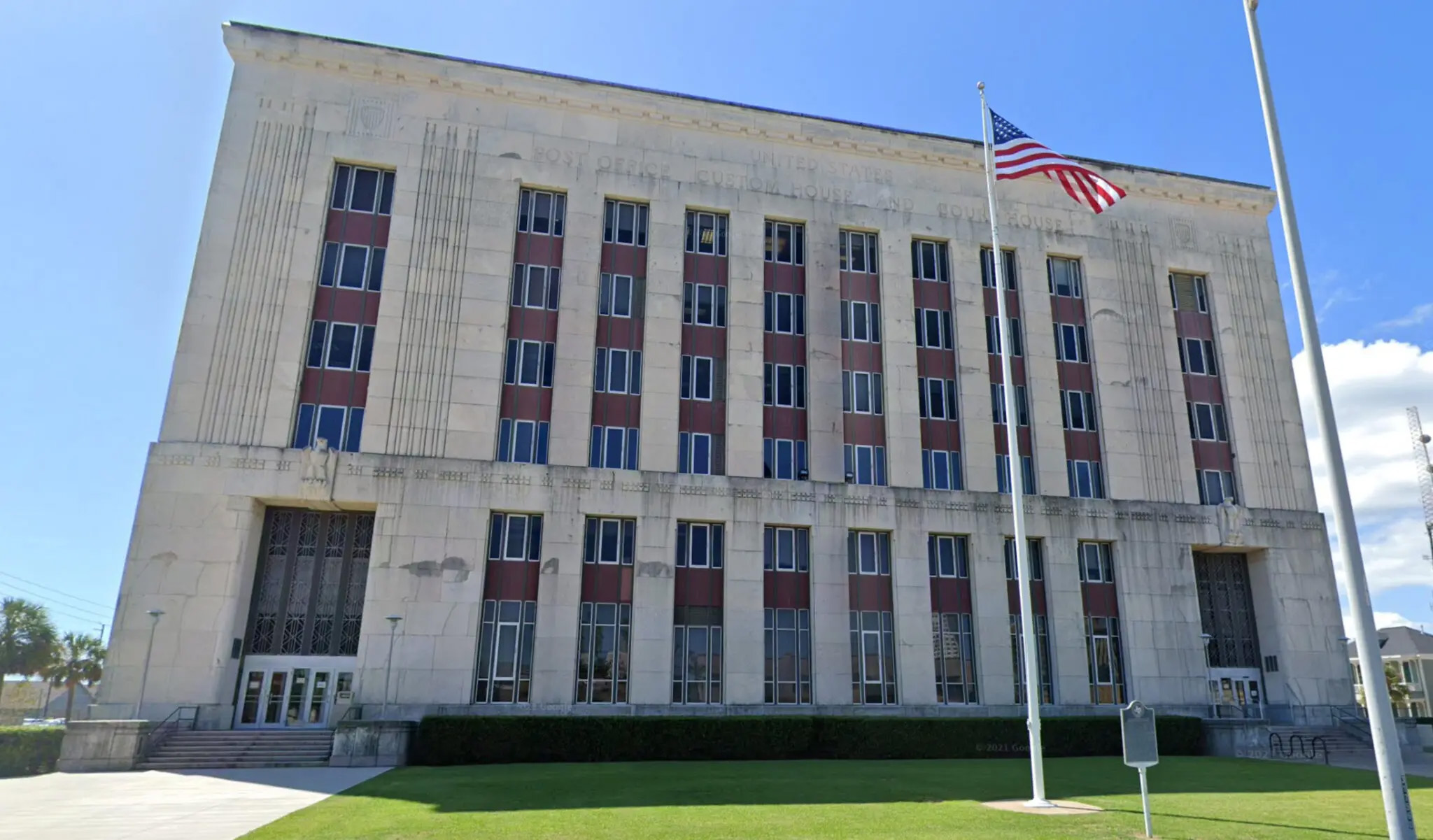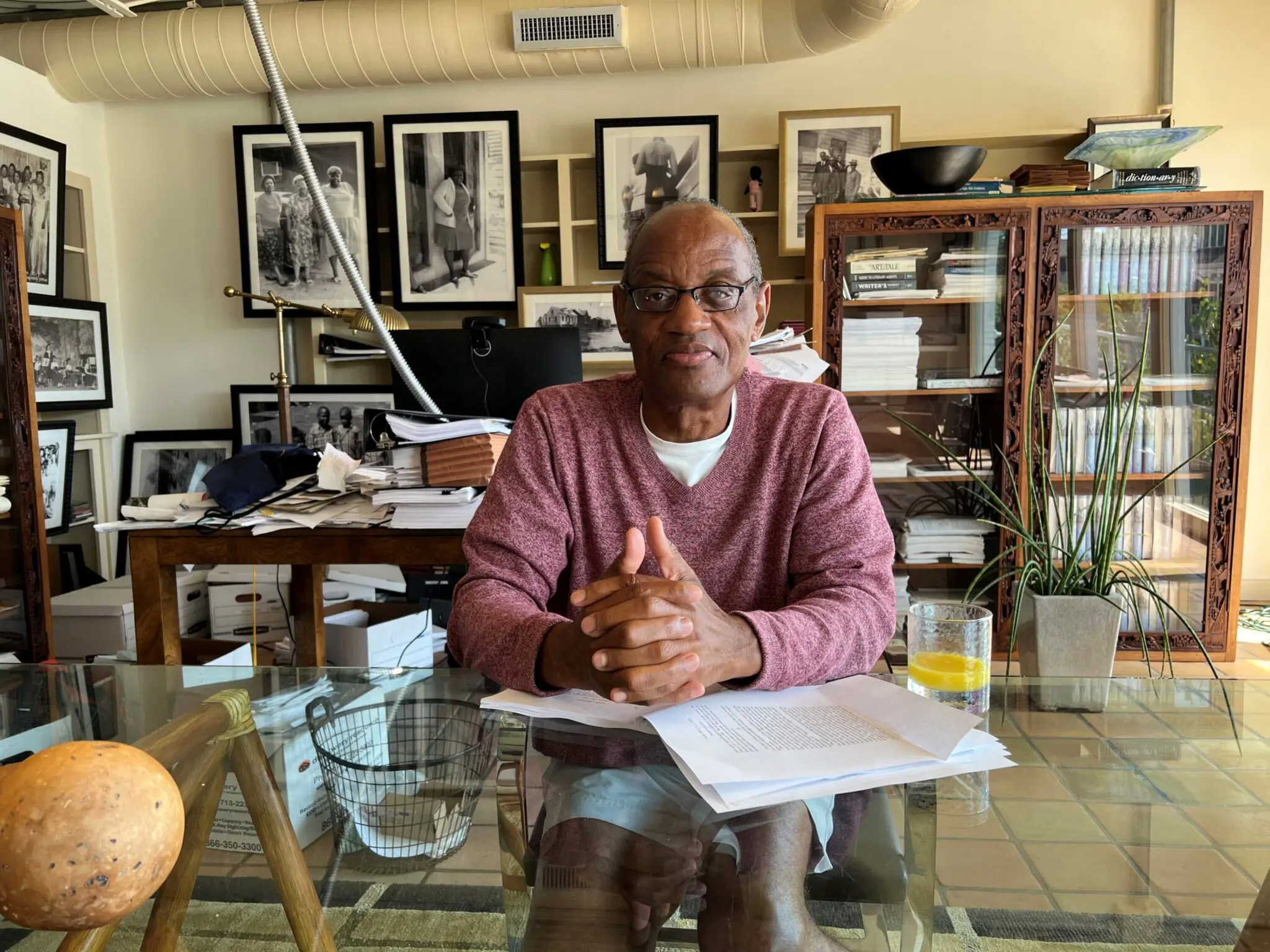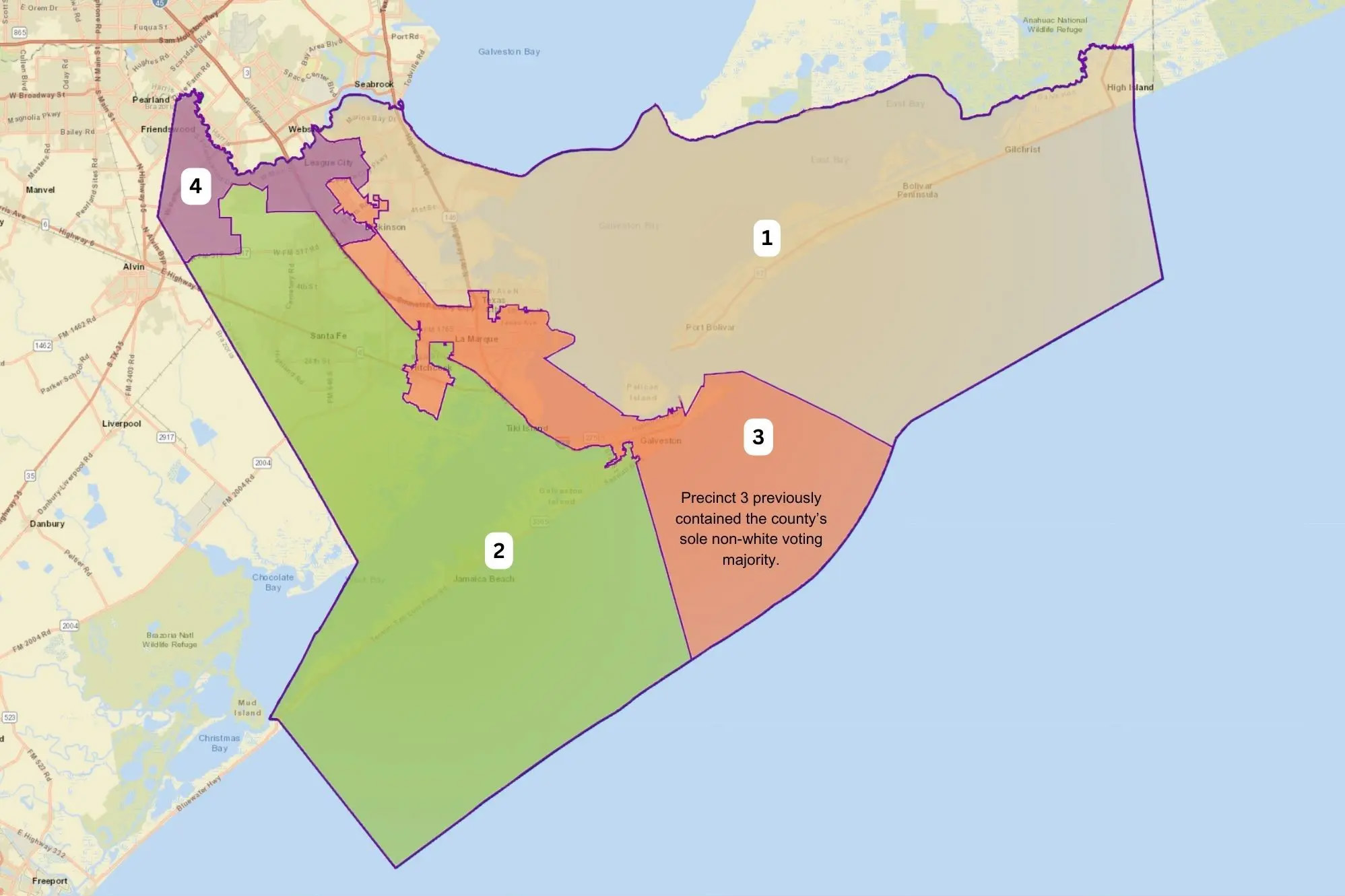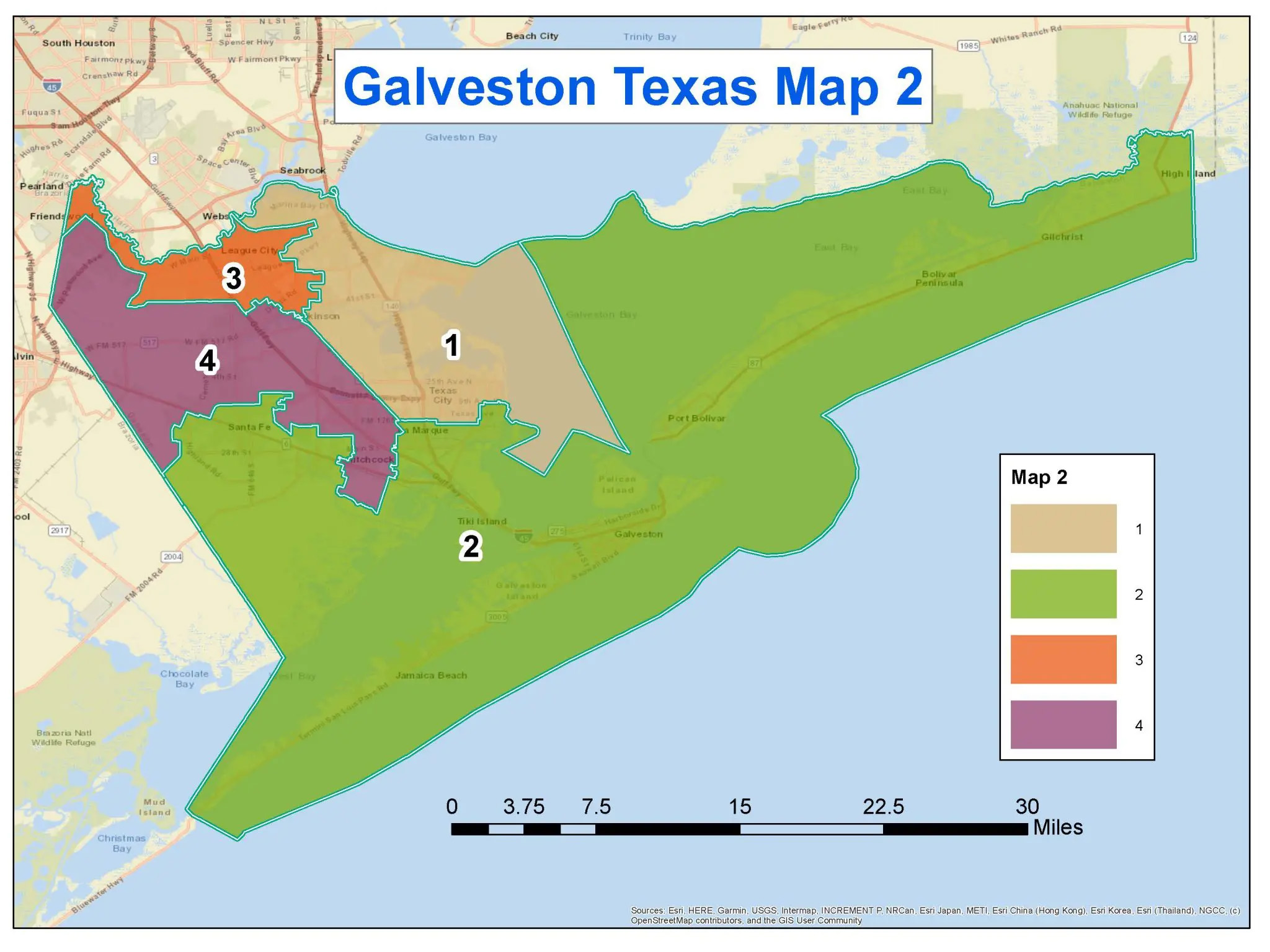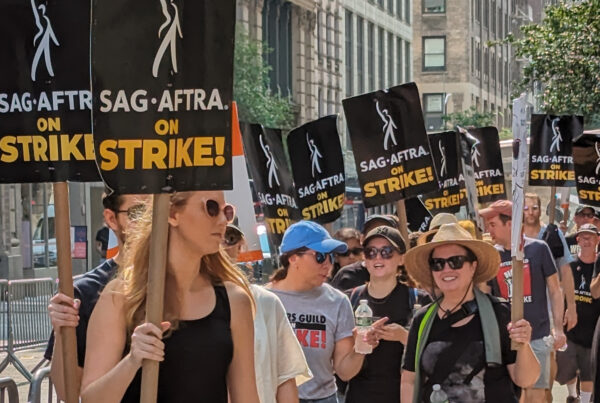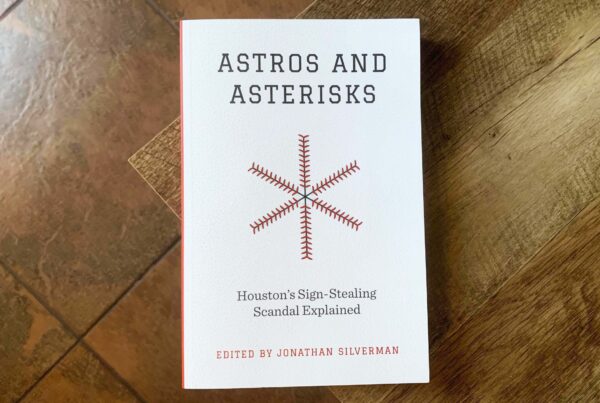Next month, a federal trial will take place in Galveston that will mark the first serious test of the Voting Rights Act since the U.S. Supreme Court upheld a key portion of the law in June. The case could have implications not only for redistricting in Galveston County but across Texas and around the country.
The making of a civil rights attorney
Anthony P. Griffin grew up in Baytown during the Jim Crow era. “I used to joke that I could never get lost in any part of Texas, because all I had to do was go into the wrong neighborhood, and the cops will come and ask me where am I going,” Griffin said.
Griffin said he continued to face open and more subtle racial discrimination all through high school. Even though he made straight As, his guidance counselor – like him, African American – tried to get Griffin to drop his advanced courses and switch to shop classes to prepare him for a career in woodworking or welding.
But Griffin was determined to become an attorney. He earned his law degree at the University of Houston and began practicing civil and criminal law in Galveston in the late 1970s. He did extremely well. Too well, for some of the county’s leading white legal figures, whom he said led an effort to deprive Griffin of his license to practice law.
“I spent a career of shots being taken against me, but…the first shot was taken in terms of holding a disbarment (over) my head for seven years, and the State Bar (had) to admit it’s the longest disbarment that they ever had at that time. Never took my deposition. The allegations were sufficient enough. because it was about discrediting me,” Griffin said.
“I spent a lot of money and a lot of time trying to change how we elected the officeholders in Galveston County,” he said.
By the time Griffin retired from law practice in 2014, he had spent nearly three decades bringing voting rights cases against the city and county of Galveston, often successfully.


